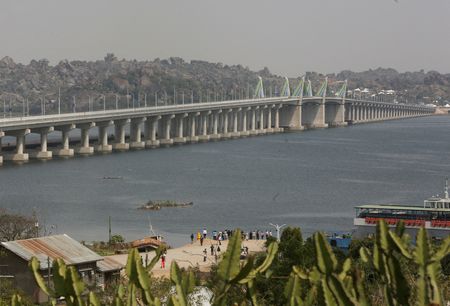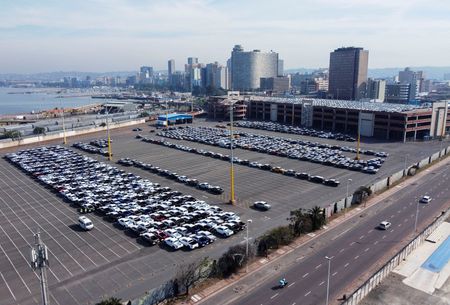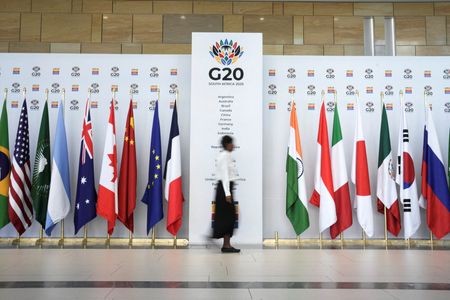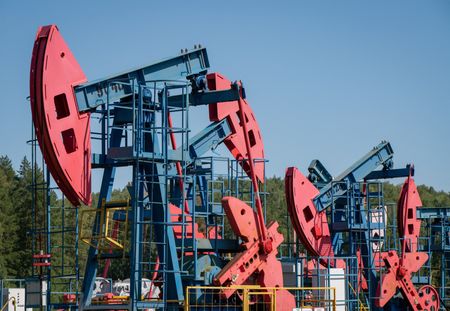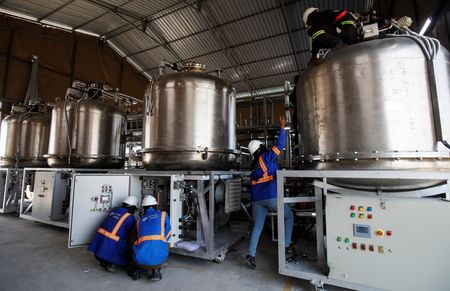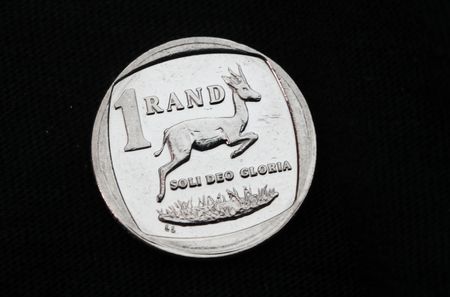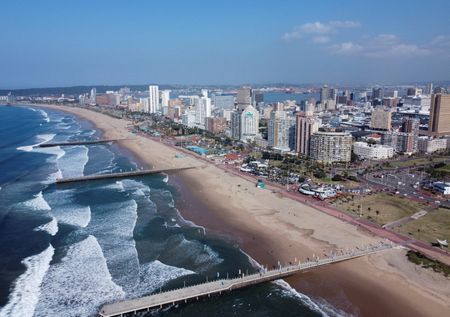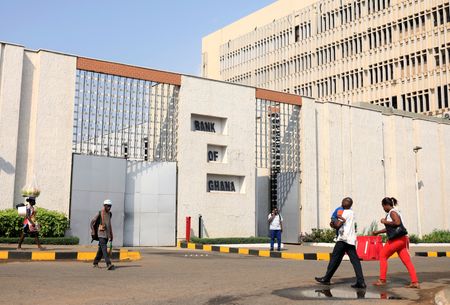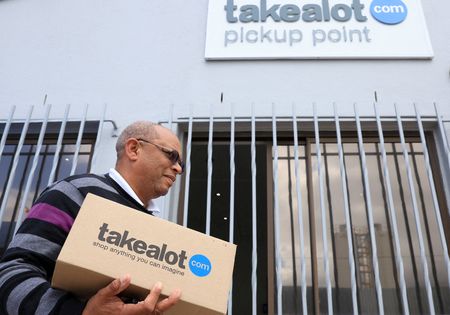By Colleen Goko and Libby George
JOHANNESBURG (Reuters) -African leaders are pushing to speed up implementation of a continent-wide deal to boost trade as growing concerns over U.S. tariffs, including rates as high as 50% for Lesotho, threaten to decimate industries and hit economic growth.
The African Continental Free Trade Area pact designed to unify all 1.4 billion people under Africa’s more than 50 nations into a single market, has been legally ratified by 49 countries and officially launched trading in 2021.
But translation into action has been sluggish, with less than half of member states actively trading under the framework.
The World Bank estimates AfCFTA could increase Africa’s intra-continental exports by 81% and proponents point to last year’s 12.4% boost in intra-African trade, to $208 billion, according to Afreximbank figures, as early signs of success.
“We’ve got to accelerate the establishment of our own value chain systems. What we are observing now — the weaponisation of trade policy, investment policy, nationalism — is unprecedented and it has a very negative impact on the multilateral trading system,” AfCFTA Secretary-General Wamkele Mene told Reuters.
“The lesson to observe is that we are on our own as a continent.”
U.S. President Donald Trump’s return to the White House in January put trade relations centre-stage for policymakers worldwide, with his breathless cycle of punitive tariff policies poised to upend decades of globalisation and reshape flows of money and goods.
G20 finance chiefs meeting in Durban this week, under South Africa’s presidency, have trade high on the agenda.
But despite the urgent need to boost African continental trade, accelerating it is beset with challenges.
African Union countries have a combined GDP of some $3 trillion – not far off the size of France’s economy, a G7 nation.
So far, 24 countries are officially trading under AfCFTA, Mene said, including South Africa and Nigeria.
Implementation has been inconsistent, said Raheema Parker of Oxford Economics, with weak governance undermining overall effectiveness and informal trade adding complexities.
“These barriers are especially pronounced in smaller sub-Saharan economies, which are more vulnerable to external shocks and often lack the administrative and financial capacity,” Parker said.
INFRASTRUCTURE GAP
The biggest constraint to intra-Africa trade is an infrastructure deficit, Mene said.
The African Development Bank and Afreximbank collectively invested $65 billion in infrastructure projects since 2020 – barely making a dent in the $100 billion plus estimated annual infrastructure investment shortfall.
Johannesburg-based Standard Bank CEO Bill Blackie warned that “without hardened bridges and faster rail links, AfCFTA will remain a paper promise.”
Other barriers include border delays and complex paperwork requirements.
“We need to diminish all the commercial barriers,” said Chad’s ex-finance minister Abbas Mahamat Tolli.
DOWN WITH THE DOLLAR?
Currency is also contentious; nearly two-thirds of payments across more than 40 African currencies are clearing through dollar corridors. Afreximbank has called for a shift away from the dollar, citing volatility and high fees.
“Local-currency corridors must become the norm to slash costs and tame volatility,” said Afreximbank group chief economist Yemi Kale.
The recently launched Pan-African Payments and Settlement System links 16 central banks and aims to reduce costs.
Leaders say AfCFTA’s transformative potential is worth tackling the challenges.
“We have a generational chance to build value chains that keep wealth on the continent, develop competitive industries, and create millions of jobs while shaping global supply chains from a position of strength,” Kenyan President William Ruto said earlier this month.
(Reporting by Colleen Goko and Libby George, editing by Karin Strohecker and Alexandra Hudson)

